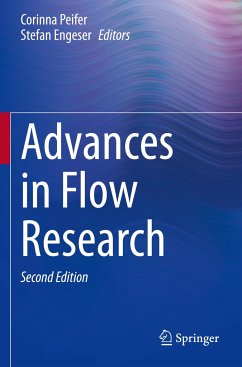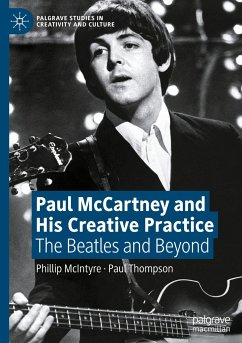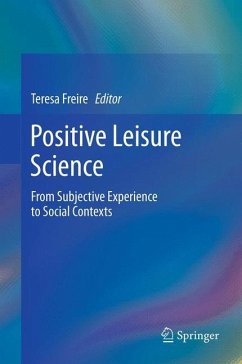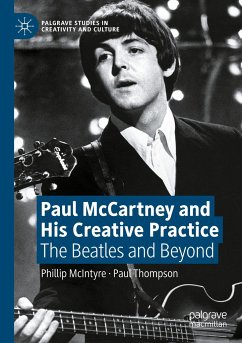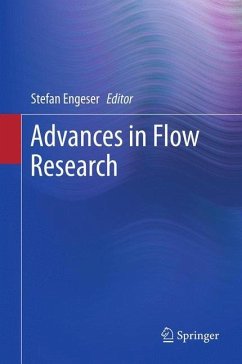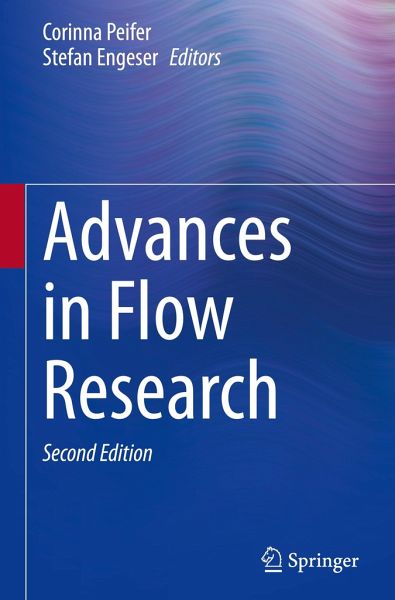
Advances in Flow Research

PAYBACK Punkte
57 °P sammeln!
This second edition provides a review of the current flow research. The first, thoroughly revised and extended, part of the book, addresses basic concepts, correlates, conditions and consequences of flow experience. This includes the developments of the flow model, methods to measure flow, its physiological correlates, personality factors involved in the emergence of flow, social flow, the relationship of flow with performance and wellbeing, but also possible negative consequences of flow. The second, completely new, part of the book addresses flow in diverse contexts, in particular, work, dev...
This second edition provides a review of the current flow research. The first, thoroughly revised and extended, part of the book, addresses basic concepts, correlates, conditions and consequences of flow experience. This includes the developments of the flow model, methods to measure flow, its physiological correlates, personality factors involved in the emergence of flow, social flow, the relationship of flow with performance and wellbeing, but also possible negative consequences of flow. The second, completely new, part of the book addresses flow in diverse contexts, in particular, work, development, sports, music and arts, and human computer interaction. As such, the book provides a broad overview on the current state of flow research - from the basics to specific contexts of application. It presents what has been learned since the beginning of flow research, what is still open, and how the mission to understand and foster flow should continue. The book addresses researchers and students who are interested in flow, as well as practitioners who seek for sound research on flow in their field of expertise.





